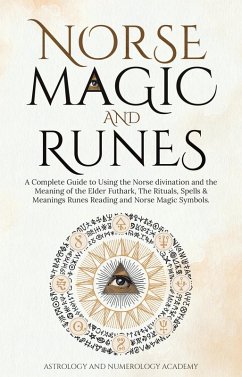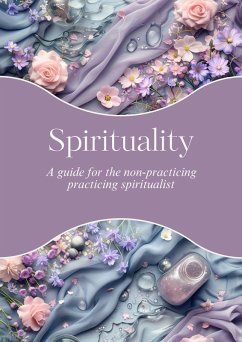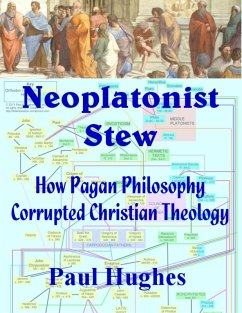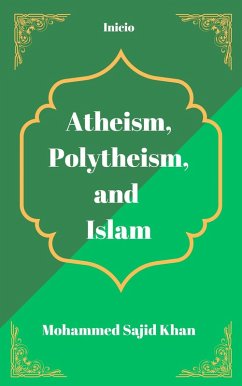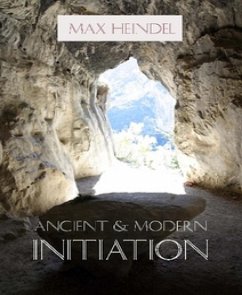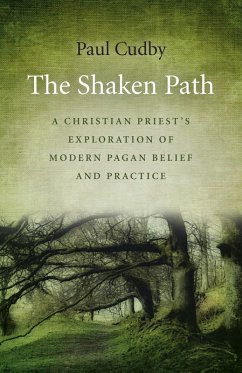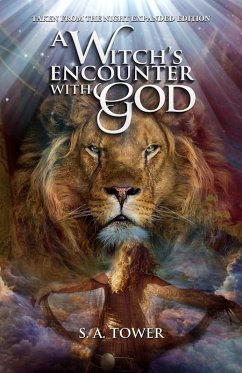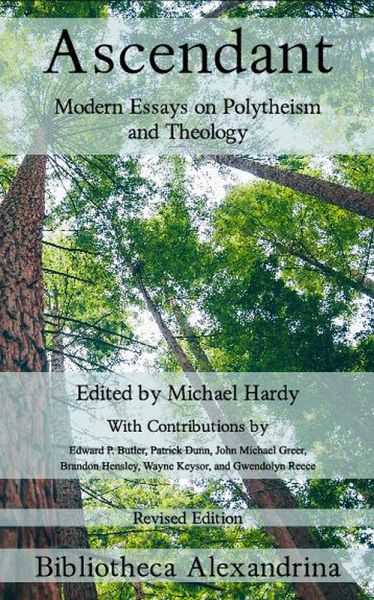
Ascendant: Modern Essays on Polytheism and Theology (eBook, ePUB)

PAYBACK Punkte
0 °P sammeln!
Theology, the discipline that analyzes, examines, and seeks to explain religious ideas, is a vibrant area of inquiry. Scholars and philosophers have produced countless works of theology over the past several thousand years.In the West, however, virtually all theology concerns monotheistic faith systems. Polytheism escapes the notice of most scholars, and those who do address it rarely write books intended for a general, non-academic audience. Polytheology must become its own active discipline if modern Pagan practice is to deepen and grow. Monotheistic assumptions so pervade our culture that e...
Theology, the discipline that analyzes, examines, and seeks to explain religious ideas, is a vibrant area of inquiry. Scholars and philosophers have produced countless works of theology over the past several thousand years.
In the West, however, virtually all theology concerns monotheistic faith systems. Polytheism escapes the notice of most scholars, and those who do address it rarely write books intended for a general, non-academic audience. Polytheology must become its own active discipline if modern Pagan practice is to deepen and grow. Monotheistic assumptions so pervade our culture that even those few people born into polytheist religions (or those who grew up with no religion at all) cannot help but be influenced by them. Polytheology raises questions that cannot be adequately addressed by answers originally developed in a monotheistic context. Because polytheism is inherently open to variation, the goal of polytheology is not to arrive at a single truth so much as to elucidate the possibilities, to honor and embrace differences, to explore the nature of the Gods and their relationship to humanity. These philosophical ideas provide a greater understanding of the Cosmos, Gods and humanity, and topics such as morality, mortality, and myth.
This volume - with contributions from Edward P. Butler, Patrick Dunn, John Michael Greer, Brandon Hensley, Wayne Keysor, and Gwendolyn Reece - is, we hope, a useful addition to this young but growing field.
In the West, however, virtually all theology concerns monotheistic faith systems. Polytheism escapes the notice of most scholars, and those who do address it rarely write books intended for a general, non-academic audience. Polytheology must become its own active discipline if modern Pagan practice is to deepen and grow. Monotheistic assumptions so pervade our culture that even those few people born into polytheist religions (or those who grew up with no religion at all) cannot help but be influenced by them. Polytheology raises questions that cannot be adequately addressed by answers originally developed in a monotheistic context. Because polytheism is inherently open to variation, the goal of polytheology is not to arrive at a single truth so much as to elucidate the possibilities, to honor and embrace differences, to explore the nature of the Gods and their relationship to humanity. These philosophical ideas provide a greater understanding of the Cosmos, Gods and humanity, and topics such as morality, mortality, and myth.
This volume - with contributions from Edward P. Butler, Patrick Dunn, John Michael Greer, Brandon Hensley, Wayne Keysor, and Gwendolyn Reece - is, we hope, a useful addition to this young but growing field.
Dieser Download kann aus rechtlichen Gründen nur mit Rechnungsadresse in A, B, CY, CZ, D, DK, EW, E, FIN, F, GR, H, IRL, I, LT, L, LR, M, NL, PL, P, R, S, SLO, SK ausgeliefert werden.




